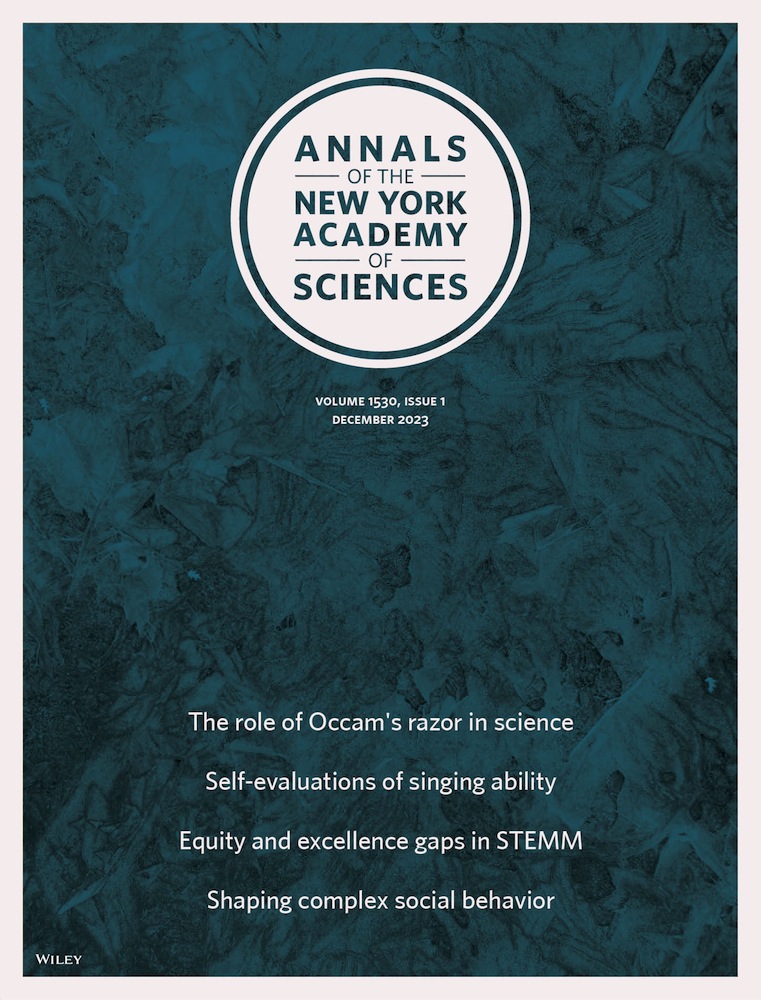Loneliness in schizophrenia: Just loneliness
IF 4.8
3区 综合性期刊
Q1 MULTIDISCIPLINARY SCIENCES
引用次数: 0
Abstract
Loneliness is reported by the majority of people with schizophrenia (∼80%), yet the cognitive and neural mechanisms underlying loneliness in this population are incompletely understood. Similar to the general population, loneliness in schizophrenia is associated with cognitive biases toward mistrusting others, as well as structural barriers to social activity. In addition, some evidence suggests that predisposing genetic and environmental factors, as well as some of the neural changes and the poor cardiometabolic health linked with the illness, are associated with loneliness in schizophrenia. However, much evidence supports a transdiagnostic model of the causes and consequences of loneliness, with similar factors playing a role in loneliness in schizophrenia and the general population. Currently there are no validated treatments targeting loneliness associated with schizophrenia, although interventions focusing on cognitive bias modification, positive psychology, mindfulness, or interpersonal synchrony have shown promise. Taken together, the current state of the field suggests that future research on schizophrenia should include measurements of social isolation and loneliness. Overall, there is a need for novel intervention approaches that can interrupt the cycle of mutually reinforcing neurocognitive biases and environmental conditions linked with loneliness in schizophrenia and other populations.精神分裂症中的孤独:只是孤独
大多数精神分裂症患者(约80%)报告有孤独感,但这一人群中孤独感的认知和神经机制尚不完全清楚。与一般人群相似,精神分裂症患者的孤独感与不信任他人的认知偏见以及社交活动的结构性障碍有关。此外,一些证据表明,易诱发的遗传和环境因素,以及与该疾病相关的一些神经变化和心脏代谢健康状况不佳,都与精神分裂症患者的孤独感有关。然而,许多证据支持一个关于孤独的原因和后果的跨诊断模型,类似的因素在精神分裂症和一般人群的孤独中起着作用。目前还没有针对与精神分裂症相关的孤独感的有效治疗方法,尽管专注于认知偏见修正、积极心理学、正念或人际同步的干预措施已经显示出希望。综上所述,该领域的现状表明,未来对精神分裂症的研究应该包括对社会孤立和孤独感的测量。总的来说,需要新的干预方法来中断与精神分裂症和其他人群的孤独感相关的相互加强的神经认知偏见和环境条件的循环。
本文章由计算机程序翻译,如有差异,请以英文原文为准。
求助全文
约1分钟内获得全文
求助全文
来源期刊

Annals of the New York Academy of Sciences
综合性期刊-综合性期刊
CiteScore
11.00
自引率
1.90%
发文量
193
审稿时长
2-4 weeks
期刊介绍:
Published on behalf of the New York Academy of Sciences, Annals of the New York Academy of Sciences provides multidisciplinary perspectives on research of current scientific interest with far-reaching implications for the wider scientific community and society at large. Each special issue assembles the best thinking of key contributors to a field of investigation at a time when emerging developments offer the promise of new insight. Individually themed, Annals special issues stimulate new ways to think about science by providing a neutral forum for discourse—within and across many institutions and fields.
 求助内容:
求助内容: 应助结果提醒方式:
应助结果提醒方式:


